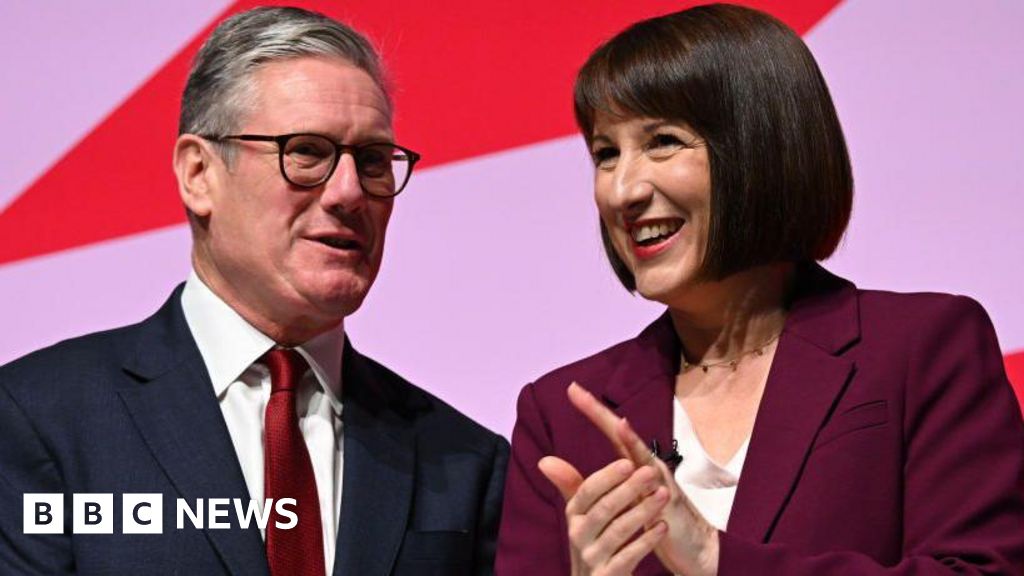Treasury reconsidering Labour’s plan for non-dom tax status

The Treasury is reconsidering parts of Labour’s manifesto plan to toughen up the abolition of non-domicile tax status.
This is on account of concerns over how much money will be raised, should wealthy foreigners simply leave the UK.
“Non-dom” describes a UK resident whose permanent home – or domicile – for tax purposes is outside the UK.
While no specific policy has been put to the Office of Budget Responsibility (OBR) as part of the Budget process, Treasury officials acknowledge that scrapping two concessions made by the previous government might not raise the £1bn they thought it would, or indeed any money at all.
The £1bn is earmarked in the Labour manifesto for extra hospital and dental appointments and school breakfast clubs.
The issue is that the concessions made when Jeremy Hunt unexpectedly scrapped the non-dom scheme, were designed to reduce the incentive for wealthy foreigners with a permanent home abroad to emigrate.
About half the money raised from the wider abolition plan was already forecast to be lost in changes of behaviour.
The revenue raised was assessed by the OBR in March to be highly uncertain.
Small changes to assumptions about emigration, for example, could mean the planned additional tightening of the plan could raise very little.
While no final decisions have been made, some watering down or phasing in of the decision to apply inheritance tax to trusts, and a discount on bringing in foreign income next year, is being considered.
The Treasury is adamant that any further changes to the regime should be shown to raise money, and that non-dom status in general will still be scrapped.
Non-dom refers to a person’s tax status, and has nothing to do with their nationality, citizenship, or resident status – although it can be affected by these factors.
A non-dom only pays UK tax on the money they earn in the UK. They do not have to pay tax to the UK government on money made elsewhere in the world (unless they pay that money into a UK bank account).
For wealthy individuals, this presents the opportunity for significant – and entirely legal – savings, if they state a lower-tax country as their domicile.
One of the most well-known non-doms is former prime minister Rishi Sunak’s wife, Akshata Murty.
After details of her status emerged, she said she would start paying UK tax on her earnings generated outside the UK.
Related
Why investing in women is a vital next step for…
Get Nadine White's Race Report newsletter for a fresh perspective on the week's newsGet our free newsletter from The Independent's Race CorrespondentGet our fre
Business secretary signals major shift on electric car policy to…
In a determined effort to retain Nissan’s manufacturing presence in Britain, Business Secretary Jonathan Reynolds has vowed to implement “substantial c
Joint Statement: Business Secretary and Fujitsu Services Ltd
Business and Trade Secretary Jonathan Reynolds today (Friday 7 March) met chiefs for Fujitsu in Tokyo to begin talks over the cost of redress for victims of th
UK foreign secretary backs multilateral defence funding for Europe
UK foreign secretary David Lammy has said that a new multilateral fund will be needed to secure Europe’s defence as he confirmed that Britain is “open to”













